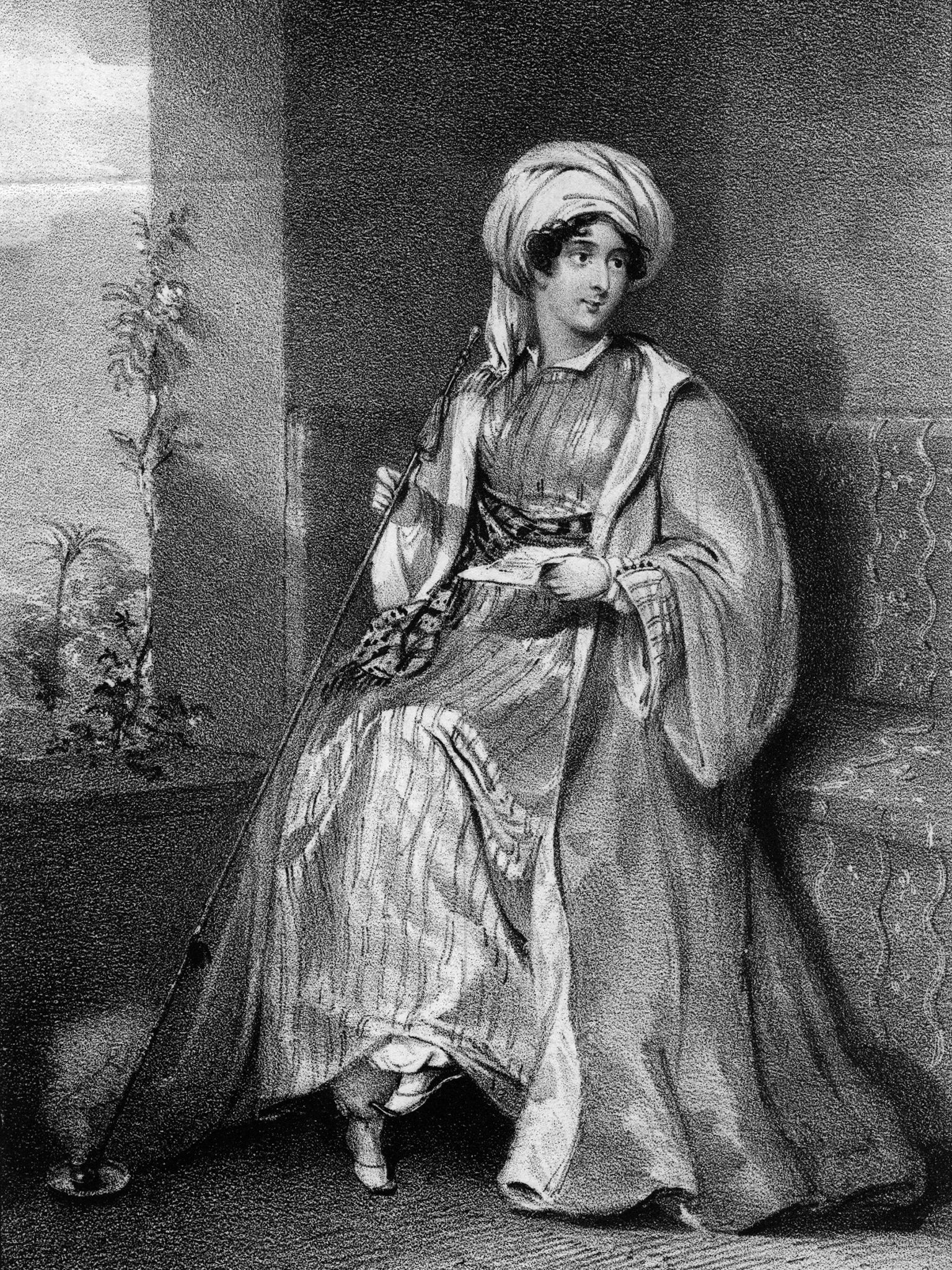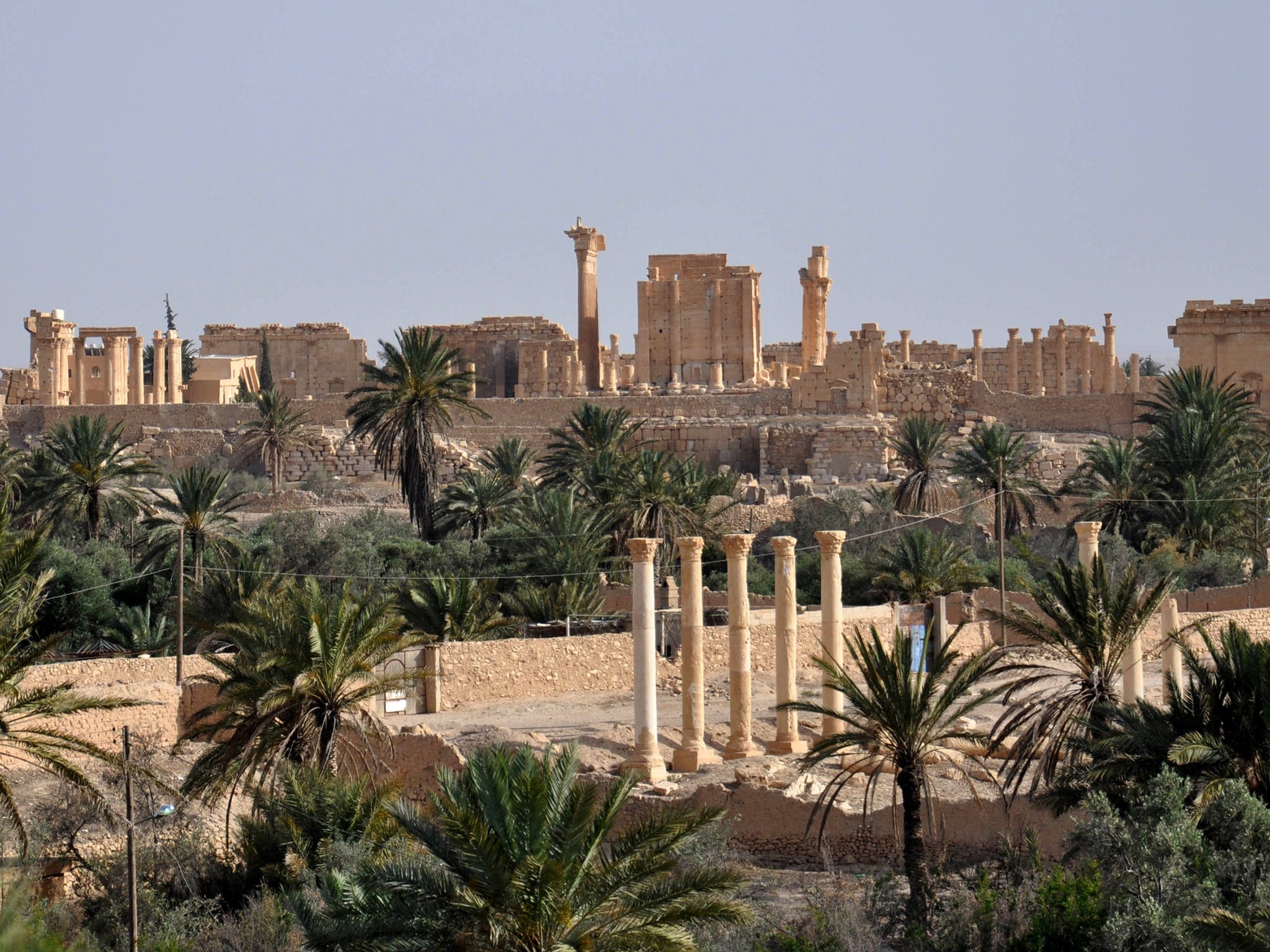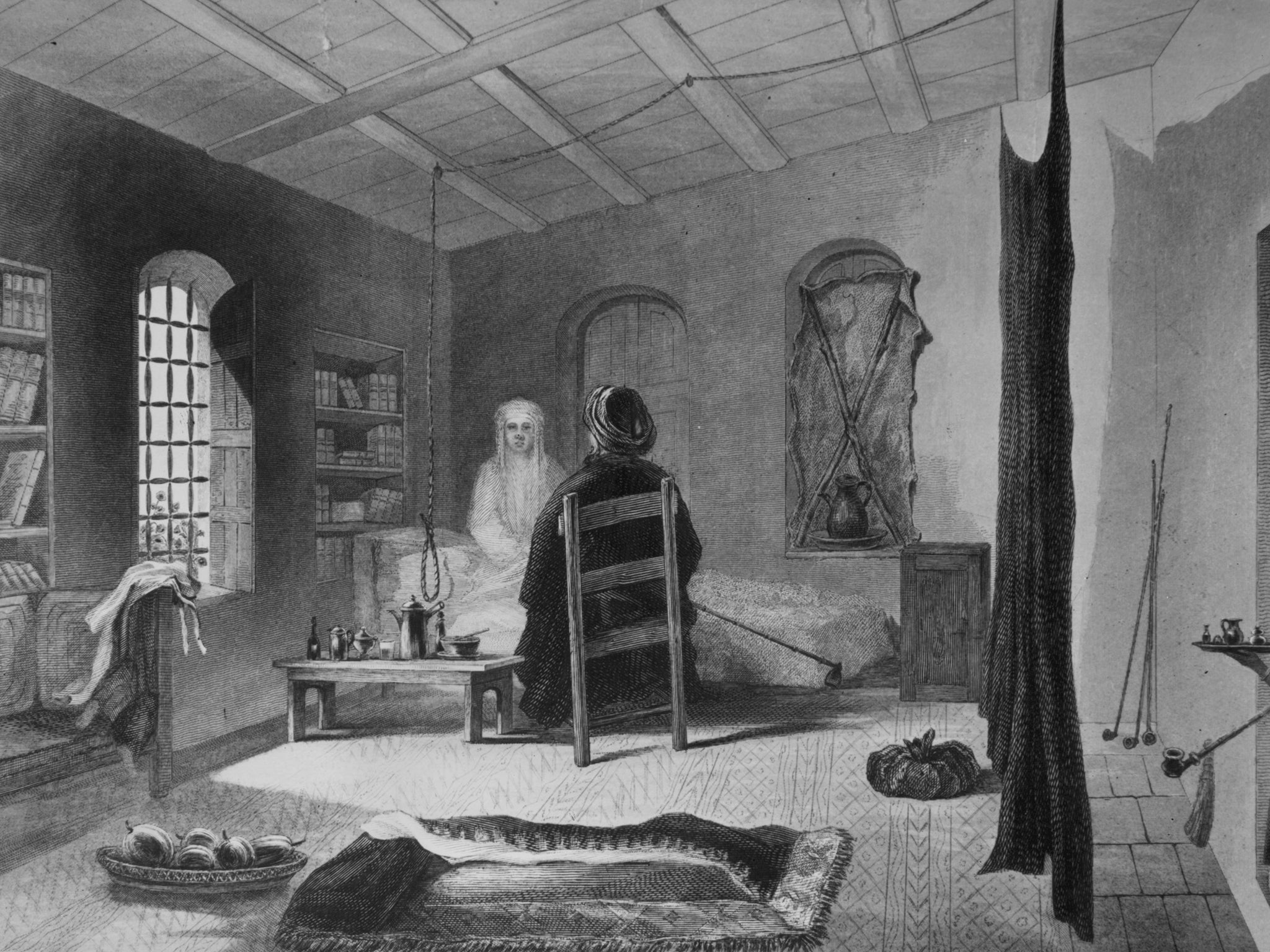King’s Speech film-makers to tell the story of adventurer Lady Hester Stanhope
The plucky aristocrat, often know as 'Florence of Arabia', has been dubbed 'one of the most pioneering women in history'

Your support helps us to tell the story
From reproductive rights to climate change to Big Tech, The Independent is on the ground when the story is developing. Whether it's investigating the financials of Elon Musk's pro-Trump PAC or producing our latest documentary, 'The A Word', which shines a light on the American women fighting for reproductive rights, we know how important it is to parse out the facts from the messaging.
At such a critical moment in US history, we need reporters on the ground. Your donation allows us to keep sending journalists to speak to both sides of the story.
The Independent is trusted by Americans across the entire political spectrum. And unlike many other quality news outlets, we choose not to lock Americans out of our reporting and analysis with paywalls. We believe quality journalism should be available to everyone, paid for by those who can afford it.
Your support makes all the difference.English adventurer Lady Hester Stanhope blazed a trail across the Middle East a century before TE Lawrence, and her exploits were celebrated by writers and artists including George Eliot, James Joyce, Picasso and WH Auden.
In the 19th century she became the first Western woman to enter Palmyra, now a World Heritage site currently threatened with destruction by so-called Islamic State (IS), and the plucky aristocrat has been dubbed “one of the most pioneering women in history”. Yet her legacy is now largely overlooked in Britain. A new film from the Oscar-winning producers of The King’s Speech – jokingly dubbed “Florence of Arabia” – may change that.
Bedlam Productions is in pre-production on The Lady Who Went Too Far, a feature film based on a biography of Lady Hester written by Kirsten Ellis.
Gareth Unwin of Bedlam said shooting will start next year. The title role has been offered to a “well-known” actress, but her name is being kept under wraps.
“We see the film as a return to the epic British cinema of Merchant Ivory or David Lean,” Mr Unwin said. Lean directed Peter O’Toole in Lawrence of Arabia, a landmark British film released in 1962.
“I’m delighted to see there’s been an upswing in the appetite for high-end quality drama that has female characters at the fore,” Mr Unwin added.

Lady Hester left England in the early 1800s after an abortive love affair scandalised London society. She set off in search of adventure, travelling across Europe and the Middle East; she was shipwrecked in Rhodes en route to Cairo.
She spent two years travelling in the Middle East, eventually settling in a monastery near Sidon, a town on the Mediterranean coast in what is now Lebanon.
David Seidler, who won an Oscar for the screenplay of The King’s Speech, decided to adapt Ms Ellis’s biography, Star of the Morning, after the pair met by chance at a dinner. Mr Seidler calls Lady Hester “the female Lawrence of Arabia, a hundred years before Lawrence”.
While both British adventurers shared a love of the Middle East, Lawrence is considerably better known. “He fits perfectly into the myth-making machinery of the British Empire of his time; Hester does not,” Ms Ellis said.

“The choices she made and her sensibility didn’t fit the mould for a heroine for the Georgian, Victorian or Edwardian eras; she was a strong, independent woman who refused to accept the constraints placed on her by society. It’s only now that her story feels so timely.”
Lady Hester, who was the niece of the British prime minister William Pitt the Younger, was often written off as a classic English eccentric. Ms Ellis, by contrast, portrays a brave woman with enormous strength of will who was a power- broker in the Middle East.
She visited Palmyra in 1813. Now the historic city is under threat after IS took control last month. Following the destruction of ancient monuments in Iraq at the cities of Nimrud, Hatra and Mosul, many fear the worst for the site in the Syrian desert. It has ruins that date back to its Roman occupation in the first and second centuries.
Ms Ellis said that Lady Hester would be “horrified” at the current situation in the region.
Join our commenting forum
Join thought-provoking conversations, follow other Independent readers and see their replies
Comments